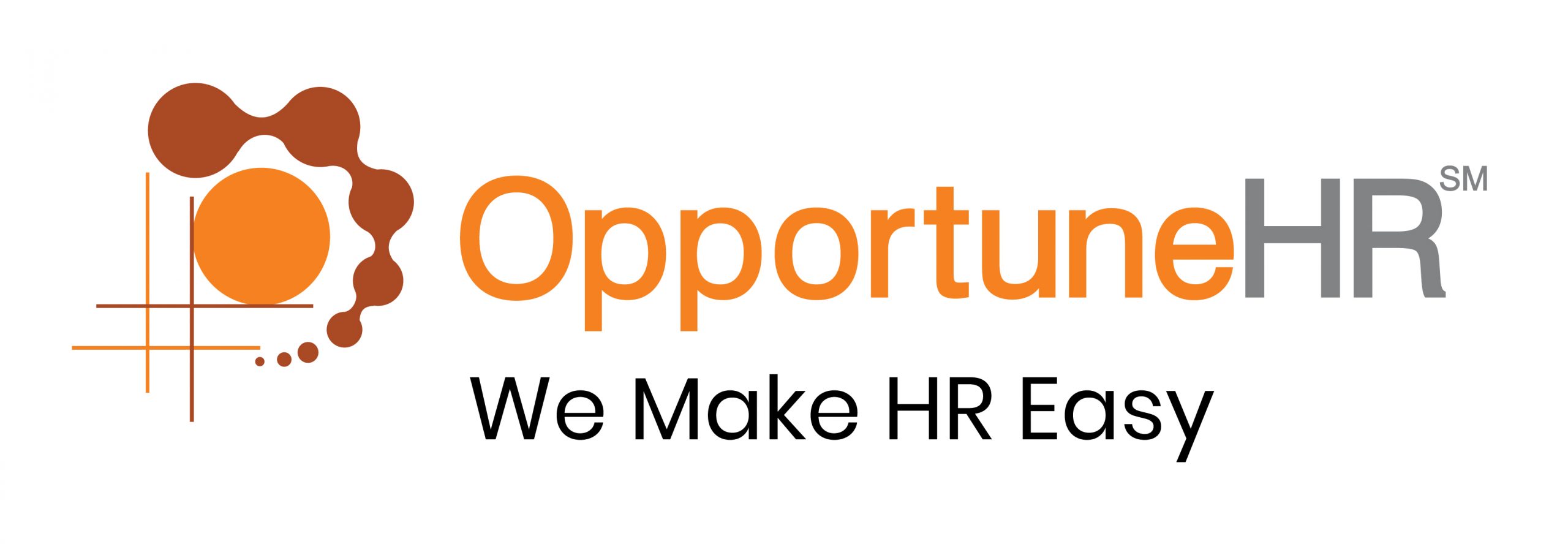As the world continues to grow more diverse, there is an increasing need for workplaces to embrace diversity, equity, and inclusion (DEI) initiatives. Organizations are recognizing the importance of creating a workplace culture that respects diverse backgrounds, values individual differences, and creates an inclusive work environment.
This is where DEI practices come into play. In this blog post, we will discuss the importance of implementing DEI practices, and how organisations can do so effectively.
Introduction: Defining DEI
DEI refers to Diversity, Equity, and Inclusion (DEI).
It refers to policies and programs that promote the representation and participation of different groups of individuals. In spite of their age, race, ethnicity, abilities, genders, religions, cultures, and sexual orientations.
These are 3 interconnected concepts that work together to create an environment of respect and fairness in the workplace.
Significance of DEI in organisational culture
DEI influences an organisation in many ways. It has social as well as business significance.
On the social front, DEI initiatives aim to promote the inclusion of underrepresented groups in the workforce, ensuring equal opportunity and a sense of belonging. By working to overcome unconscious biases and microaggressions, organisations can create a more inclusive workplace culture and an efficient recruiting and hiring process.
The objective of DEI initiatives is to create a fair society where every individual has the opportunity to contribute and society’s current disparities are redressed.
On the business side, a business with different kinds of people and culture is enriched with wider experiences. It promotes new ideas and innovation in the organisation. And leads to business growth.
Especially overseas clients, from different continents, consider diversity in your workforce as a proof of progressiveness. They feel more at home with employers who are open-minded. They believe if you accept different points of view and experiences in your organisation, you will be able to understand their needs and culture also.
Let us see what these 3 terms mean in the context of an organisation –
Components of diversity: race, ethnicity, gender, age, and more
Diversity encompasses a vast range of characteristics that make each person unique. Some common aspects of diversity include race, ethnicity, gender, LGBTQ status, and age.
However, diversity can also include factors such as physical abilities, education and experiences, and diverse perspectives and ways of thinking.
Equity in practice: promoting equal treatment and opportunity
Equity involves ensuring equal treatment, access, opportunity, and advancement for all people.
To promote equity, HR leaders must audit their pay structures frequently. To ensure everyone is getting paid equally for equal work: regardless of their gender, race, and sexual orientation.
But equity is not just about pay. People also deserve equal opportunities and access to learning and development, mentorship, and opportunities to take on projects, earn rewards, and get promoted.
Prioritizing equity in the workplace can lead to a more productive, engaged, and motivated workforce.
Inclusion and the importance of supportive environments
Inclusion is an important aspect of diversity, equity and inclusion (DEI) in the workplace.
It means making everyone feel welcome and supported, ensuring that each individual feels comfortable being their authentic selves.
A supportive environment is crucial for enhancing employee well-being and promoting a sense of belonging. Organizations can create an inclusive culture that values diversity and supports employee growth by actively involving every individual and group at work.
Learn How Mini events boost confidence of workforce?
The benefits of prioritizing DEI in an organisation
Prioritizing diversity, equity, and inclusion (DEI) in HR and organisational structure can bring numerous benefits to a company. By promoting DEI, businesses can tap into a more extensive and inclusive talent pool, leading to higher productivity rates and more creativity in problem-solving.
DEI also ensures that all employees feel valued and respected, reducing turnover rates and creating a positive company culture.
In today’s world, prioritizing DEI is not just a nice-to-have but an essential element for both individual and business success.
SME organisations and DEI
While DEI is prominent in MNC cultures and some startups, SME organisations generally don’t follow it much.
The reasons could be many. But primarily, these organisations are family run businesses and often a good number of employees come from the same community.
In the initial years, it ensures bonding and loyalty to the organisation. But later on, as the organisation grows, the ‘community culture’ becomes a hindrance in welcoming talent from other groups.
Also, most SME business owners follow traditional, conventional values, and they find it challenging to welcome employees from certain religions and LGBTQ communities.
Many times these biases are unconscious. So, we suggest, do a regular DEI audit in your organisation. Watch the ratio of people from different communities, compare the pay scales of different genders. And be aware that any biases will only become a barrier in future organisational growth.








